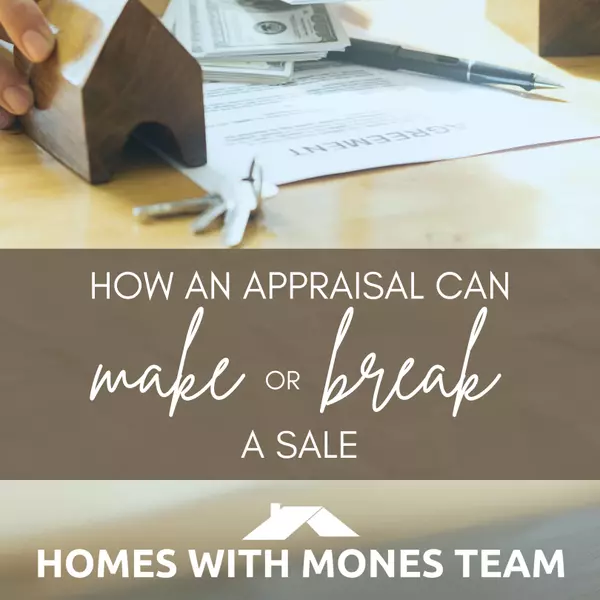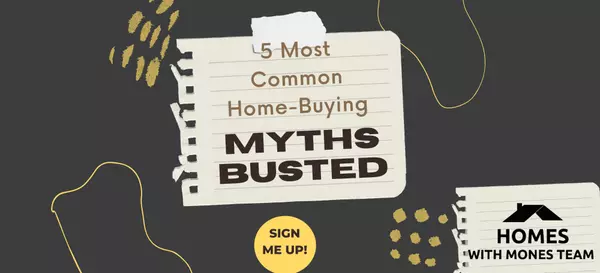

Love Buying a Home Series — A First-Timer’s Guide
If you’ve been thinking about buying a home and are just not sure of the steps involved or even where to start, then this 14-part series is a MUST read for you. Each week, you’ll get great tips and easy-to-understand how to’s that will help you be successful in purchasing a home in today’s market. A
Read More

Buying a Home with Others
You love hanging out with certain friends or have the perfect roommate in your current rental. You’ve got a great relationship with one of your siblings who lives nearby. You and your partner have been together for years and want something more permanent. Should you buy a home with them? It’s not u
Read More

How An Appraisal Can Make or Break a Sale
No home sale is every final until you get to settlement. That is a fact and explains why real estate signs say “Contract Pending” before being replaced with “Sold.” There’s a lot that goes on after a buyer’s offer is accepted by the seller. And a key factor in getting to closing day is the home appr
Read More

How to Answer “What Neighborhood Should I Live In?”
Where you live affects everything about your lifestyle. Every. Single. Day. Read the above statement again and let it sink in. Why? Because finding a location that matches your wants and needs is so critical to your happiness in your home and in your daily life. Think about this … you can always cha
Read More
Categories
Recent Posts










 REALTOR® Lic# SP200205008|5005063|0225251751
REALTOR® Lic# SP200205008|5005063|0225251751I am committed to helping you find your dream home, selling your property for the best possible price, and providing top-notch real estate services. I am dedicated to providing personalized attention and expert guidance to meet all of your real estate needs. Whether you are a first-time homebuyer or an experienced investor, I am here to help you navigate the complex and ever-changing real estate market. I pride myself on local knowledge, professionalism, and commitment to exceeding your expectations. Explore my website to learn more about the services I provide and the properties I have to offer. Contact me today to start your real estate journey
+1(202) 494-0110 lorin@homeswithmones.com1017 O St NW Washington, DC, 20001
https://homeswithmones.com
